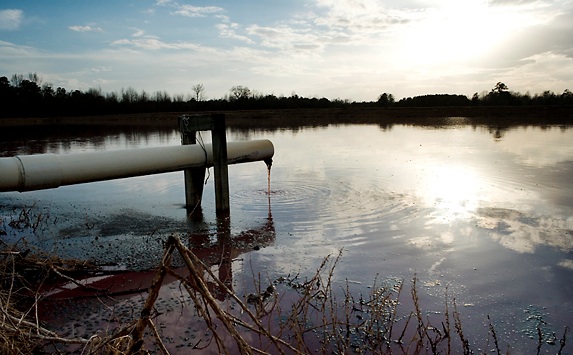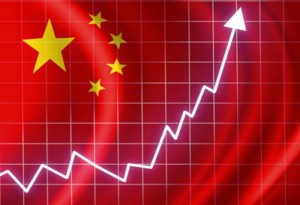Wendy’s Baconator®, a half pound beef burger smothered with two yellow slices of cheese and six thick slices of bacon, costs a little more than $4. Perdue’s® 12oz pack of dinosaur shaped chicken nuggets goes for $3.99. Two Tyson® chicken breasts, averaging 24oz, can be found for as little as $7. In the United States, meat is cheap and available and corporate behemoths like Tyson and Perdue dominate the meat markets. The retail price of industrialized meat stays low in part because of the prioritization of profit over all noneconomic factors, such as the environmental wellbeing and conservation. The environmental costs of the livestock sector are monumental. Industrial animal farming pollutes drinking water, contaminates soils, spreads disease, and emits massive amounts of greenhouse gases responsible for heating the earth’s atmosphere. These environmental costs and consequences are externalized by big agribusiness, while the public, nongovernmental organizations (NGOs), and government agencies are often left to finance and address all damages.
As detailed in the last blog post, the industrial livestock sector has moved towards a system that maximizes production and profitability. The pursuit of these goals prompted large-scale farms to introduce antibiotics to animal feed, pack more animals into tighter spaces, and speed up production practices. Further, government subsidies and deregulation facilitated the rise of industrial animal farms. Tufts University, for example, estimates that between 1997 and 2005 the United States’ industrial livestock sector saved over $35 billion with the aid of federal farm subsidies. Oftentimes, such farm policies, the maximization of profit, and the wellbeing of the environment come into conflict, and livestock operations continually trample the health of the natural world.



